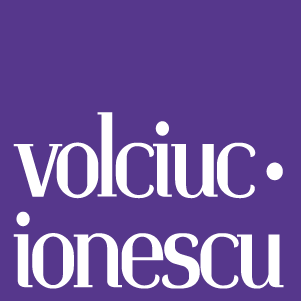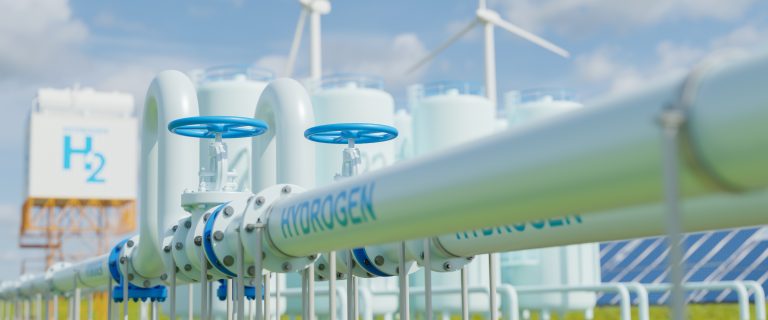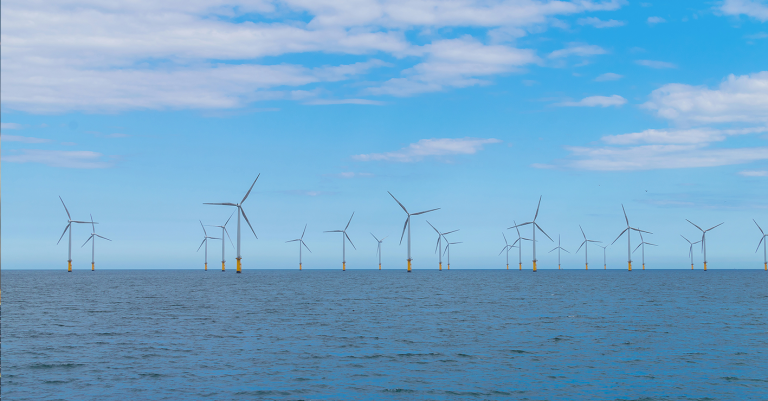The National Regulatory Authority for Energy (“ANRE“) has recently issued Order no. 28/2017 approving the Regulation for granting licenses in connection with the public service of district heating (“District Heating Licensing Regulation“).
Background
In Romania community services for public utilities are divided into seven categories, namely (i) waste water supply and sewage, (ii) water supply, (iii) rainwater collection, sewage and drainage, (iv) municipality waste management, (v) public illumination, (vi) district heating, and (vii) local public transport. Each locality organises tenders in order to delegate the performance of these services and bidders are required to have adequate licensing for carrying out these services.
Licensing and supervision of six of these services (including district heating) has been under the competence of the National Regulatory Authority for Services of Public Utilities (“ANRSC“), according to the Regulation for granting licenses in connection to community services for public utilities as approved through the Government Decision no. 745/2007 (“Community Services Regulation“).
However, in November 2016, Law no. 225/2016 amending Law no. 51/2006 on public utilities services has moved licensing and supervision powers in connection with district heating service from ANRSC to ANRE, without, however, providing a legal framework for ANRE to exercise its new competences. This legislative void led to a debate between ANRE and ANRSC, which both claimed that the other should be competent in matters referring to district heating service. This debate has now been ended by the recent enactment of the District Heating Licensing Regulation.
Changes brought by the new enactment
The newly enacted District Heating Licensing Regulation sets out the conditions and procedures for granting, amending, suspending and revoking licenses by ANRE in connection with the district heating service (production, transport, distribution and supply). Generally, the new District Heating Licensing Regulation largely carries over the provisions of the Community Services Regulation. The key changes are highlighted below.
1. Changes in the licensing structure
Under the Community Services Regulation, licenses in connection with district heating service were granted under 3 types of classes, depending on the number of served inhabitants (class 1 – over 300,000 inhabitants, class 2 – between 50,000 and 300,000 inhabitants and class 3 – up to 50,000 inhabitants). Licensed operators could bid for delegation of the district heating service in multiple localities, provided that the total number of inhabitants to be served by that operator did not exceed its license class.
Now, under the District Heating Licensing Regulation, licenses in connection with district heating service are granted per specific localities, namely operators have a license to carry out activities in localities in which they have won the bid for delegation of the district heating service. Operators are allowed to bid in other localities (which are not included in their license), but should obtain an extension of the license once they have won the delegation of the district heating services in another locality.
2. Elimination of grounds for refusal to grant license
The following two grounds for refusal to grant license have been eliminated under the new District Heating Licensing Regulation: (i) the applicant was sanctioned with revocation of its license in the past 2 years; (ii) the applicant recorded losses in connection with past provision of that service.
These are welcomed changes, considering that in many cases losses recorded by operators were not necessarily
attributed to the fault of the operators, but to the regulatory framework and technical conditions of the district
heating system. In practice, there were many disruptions in the provision of the district heating service due to the fact
that operators lost their license due to losses incurred and there were no other licensed operators to take their place.
3. Extension of the validity period of the license
Under the District Heating Licensing Regulation, the validity period of licenses has been increased up to 25 years,
from a previous maximum of 5. This is a positive change, considering that, in practice, the contract for delegating the
heating energy public service in a certain locality usually has a duration of more than 5 years and the operator would
have been required to re-obtain license in order to cover the entire duration of the delegation contract.
4. Continuity of service during cold season
In the interest of ensuring continuity of service for inhabitants during the cold season, the new District Heating
Licensing Regulation provides that during the cold season, ANRE may suspend or revoke a license only in case a
favourable approval is obtained from the local public administration authorities competent to ensure that the district
heating service is not interrupted.
Status of existing licenses
Licenses already granted by ANRSC according to the Community Services Regulation maintain their validity until their
expiration date, with the obligation for the license holders to comply with the provisions of the new District Heating
Licensing Regulation.
The full text of the new District Heating Licensing Regulation can be accessed at the following link:
http://legeaz.net/monitorul-oficial-271-2017/ordin-anre-28-2017.
This article was also published on Lexology.




